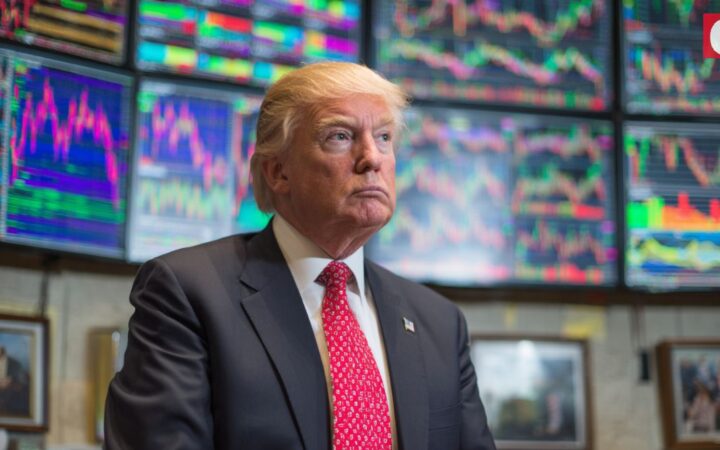
DeFi Protocol dYdX Acquires Pocket Protector in Major Expansion Move
DeFi protocol dYdX has acquired Pocket Protector to expand into new forms of trading and integrate social features into its core products.

DeFi protocol dYdX has acquired Pocket Protector to expand into new forms of trading and integrate social features into its core products.

With LINK price up 43% over the past month, analysts like Ali Martinez see potential for a further rally toward $22 and possibly $28.

Cardano’s Open Interest has seen a notable 14% increase, while its price has reached a high last seen in early June.

70 Trump administration officials held crypto investments, as the crypto market rallies under a pro-industry administration.

Ether has surged past the $3,600 mark for the first time since early January, driven by aggressive whale accumulation and fresh institutional buying.

Dogecoin and Gigachad lead the meme coin rally with notable price jumps and increased investor activity.

Thumzup Media Corporation has approved the launch of a treasury strategy to invest up to $250 million in a variety of digital assets, including XRP.

Story Protocol’s native token, IP, has jumped over 50% in the past month, as the project plans a “big reveal” for users and appoints Chief AI Officer.

“I think it’s time to activate the marketing machine,” said Pudgy Penguin CEO Luca Netz.

A long-dormant Bitcoin whale, active since the early days of the network, has sold its entire holding of 80,202 BTC in a couple of days.

Despite declining volumes, PUMP saw $3.71M in Smart Money inflows and a rumored $31M buyback.

Cardano extended its bullish momentum on Thursday, gaining 5.98% to close at $0.8101 while breaking above the critical 200-day moving average for the first time since March.

Bit Origin Ltd raises $500 million for Dogecoin treasury, signaling growing institutional interest and potential price catalyst for the memecoin’s near-term trajectory.

Tether’s USDt reached a historic $160 billion market capitalization on July 17, marking a significant milestone for the world’s largest stablecoin. However, pending US legislation could challenge its market position through new regulatory requirements.

Chris Larsen transfered $26 million in XRP to Coinbase as XRP price got closer to new yearly highs, signaling a possible significant cash-out move.
Breaking news coverage from cryptocurrency world about key figures, exchanges, startups, investment, applications, regulation and more.